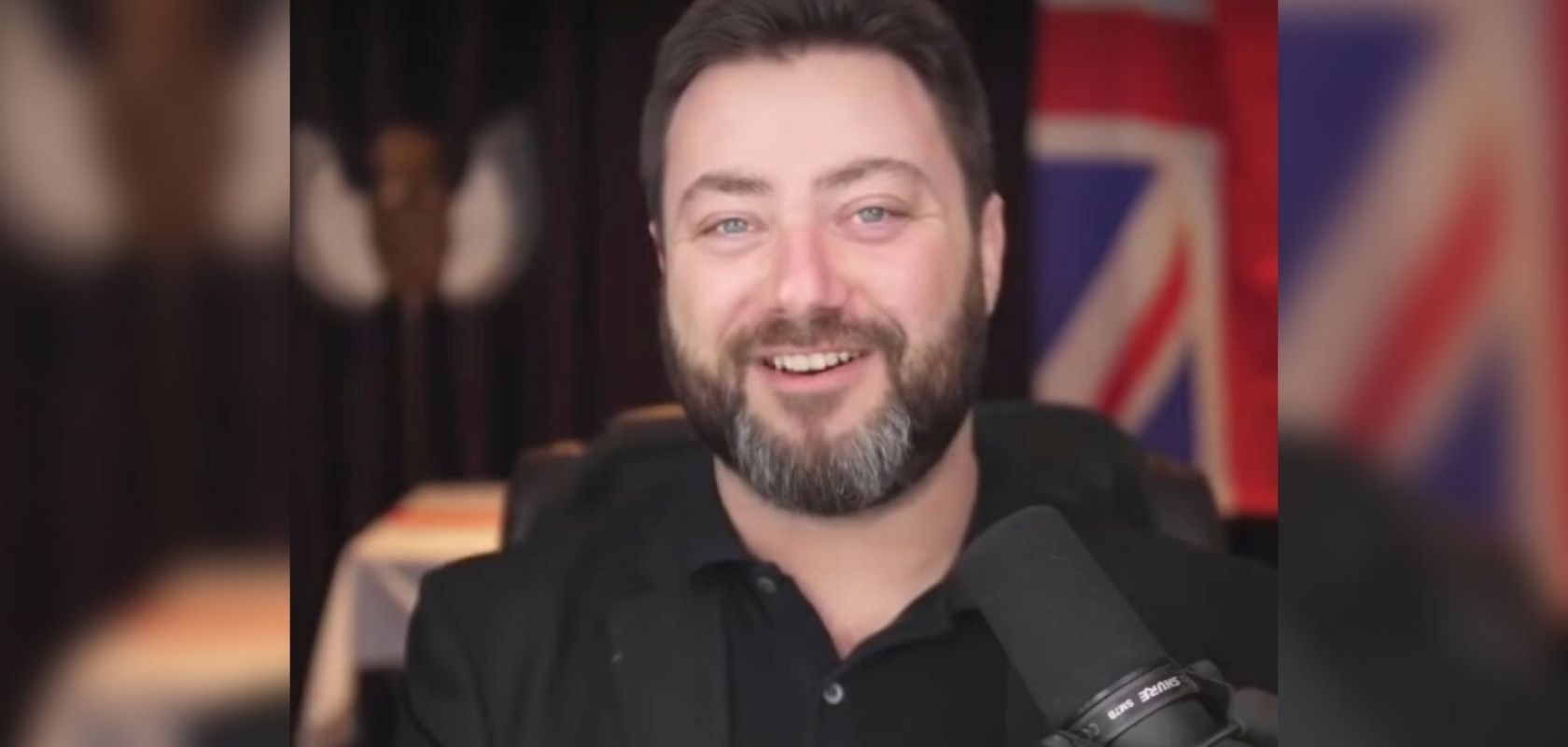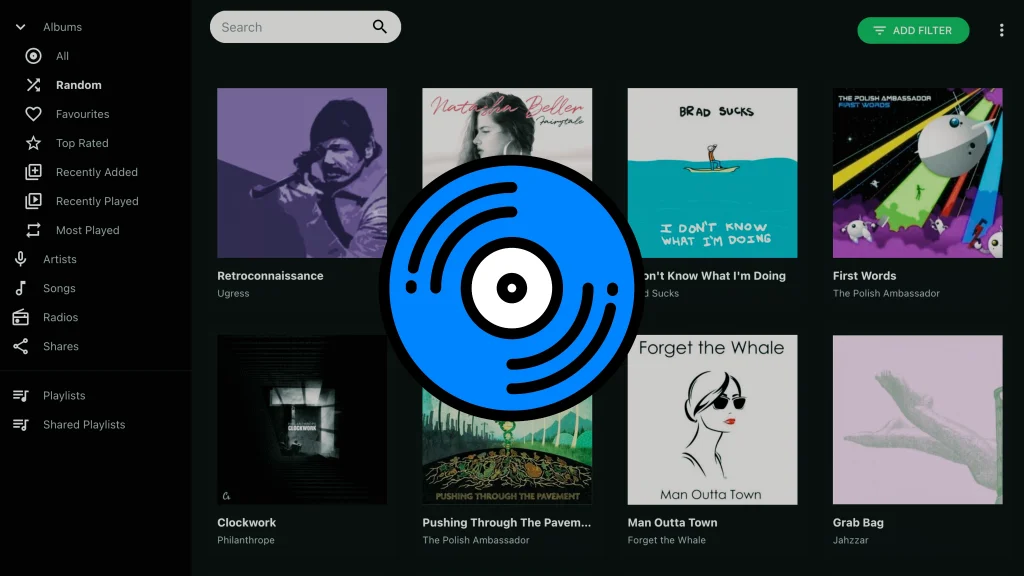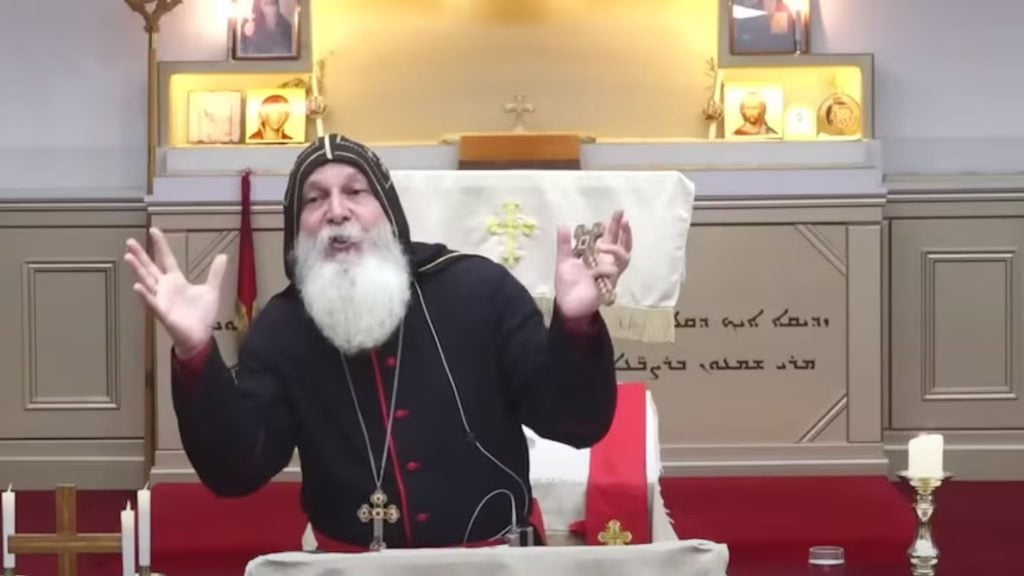It’s almost election time once again in the US, but one legal controversy that arose from the 2016 presidential ballot’s aftermath – as it played out on social media, among two YouTube creators – just got its court outcome now.
Fair use under US copyright law, such as it is, is a tough nut to crack even at best of times.
It allows for limited use of copyrighted content without permission, if the purpose is to provide commentary, criticism, or parody.
It took nearly three years for a federal court in Manhattan to rule to dismiss a copyright infringement lawsuit brought by Akilah Hughes – a US YouTuber – against Benjamin – a UK YouTuber.
But using the giant video platform to promote their political and ideological message and/or business is where any similarities between the two seem to end.
In the ruling, Judge Richard J. Sullivan states that Hughes maintains a YouTube channel called “Akilah Obviously” that covers topics such as “comedy, race, social commentary, feminism, beauty, and fashion” – whereas Benjamin’s “Sargon of Akkad” channel is “anti-ideological and anti-identitarian” focusing on “the left, racism, feminism, Black Lives Matter, and Islam.”
And these two content-creating and real-world realities clashed hard after Hillary Clinton’s defeat to Donald Trump, which Hughes documented in a video entitled, “We Thought She Would Win.”
Hughes’s video consisted of footage she filmed at Clinton’s election party in New York City and of her commentary in the wake of the defeat of the candidate she supported.
Benjamin responded to the video by posting one of his own, about five times shorter, entitled, “SJW Levels of Awareness” – consisting entirely of a number of clips cut and edited from the original work posted by Hughes.
What ensued was an exchange of accusations and insults on Twitter, a feud that Benjamin documents with a series of screenshots in a video he has now posted announcing his victory in legal case.
Click here to display content from YouTube.
Learn more in YouTube’s privacy policy.
During the 2017 Twitter exchange, Hughes refers to Benjamin as a “white supremacist,” announces she would sue for copyright infringement and makes a veiled threat that his Patreon account might be banned.
Meanwhile, Benjamin – whom Judge Sullivan notes in his ruling is “publicly known for provocative style against liberal and social stances” – responded by referring to Hughes as a “communist” and rejecting her accusations.
Hughes first took action by sending a DMCA takedown notice that resulted in YouTube removing Benjamin’s video, which he challenged in a counter-notice that said his content was “entirely transformative and intended for parody.”
In other words – he claimed a case of fair use of copyrighted material.
The ruling now suggests – quoting Hughes – that YouTube eventually reinstated Benjamin’s video, which would have been a rare instance of the platform paying proper attention to counter-notices, let alone acting on them positively.
But Hughes didn’t take this as a hint that she had no viable copyright case here, and instead, in August 2017 she sued Benjamin for infringement, to which he responded by filing a motion to dismiss on fair use grounds.
On February 3 2020, the US federal court for the Southern District of New York granted the motion fully.
Click here to display content from Twitter.
Learn more in Twitter’s privacy policy.
Explaining the rationale behind his ruling, the judge said that although Benjamin’s video consisted of copied material, it was edited is such a way as to not represent “an exact copy.”
Instead, the video was used to depict those moments from the original work that Benjamin thought would “exemplify Hughes’s political identity and lack of awareness” – specifically, in saying that Clinton would win the 2016 election.
The title and the context of Benjamin’s video, the ruling further states, clearly showed intent to criticize and comment on Hughes’s liberal viewpoints – which the court decided was fair use.
All in all, the judge ruled on four points: purpose and character of use of copyrighted content, nature of said work, amount of the portion used in derivative content, and commercial effect of the use – to rule in favor of Benjamin, on all four.
That said – this not the first, nor likely the last legal case revolving around the fair use principle.
The matter is so ambiguous and left to interpretation that it’s hard to say which court ruling might or might not set a precedent in these matters – or indeed, if any can.
That’s because, as legal experts note – fair use under US copyright law is not unlike free speech in that country – deliberately designed not to be limited in definition.
After the judge made the ruling, Benjamin uploaded the video to YouTube again so that people could see it in all its glory.
Click here to display content from YouTube.
Learn more in YouTube’s privacy policy.
If you're tired of censorship and dystopian threats against civil liberties, subscribe to Reclaim The Net.









